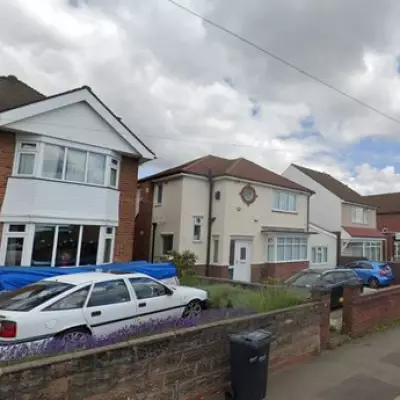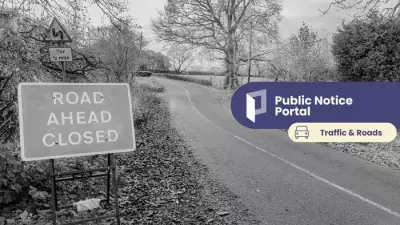
Millions of workers across the UK face the prospect of working until their 70th birthday as the government considers accelerating planned increases to the state pension age, according to explosive new analysis.
The Looming Pension Crisis
Fresh government data indicates that the state pension age might need to rise faster than previously anticipated, potentially reaching 68 in the late 2030s and climbing to 70 sooner than expected. This dramatic shift comes as the Department for Work and Pensions (DWP) launches its second review of the state pension age, with findings expected to send shockwaves through retirement planning.
Who Will Be Affected?
The changes could impact workers currently in their late 30s and 40s most severely, completely rewriting their retirement expectations. Anyone born after April 1970 may find themselves working significantly longer than their parents' generation, with the goalposts moving just as they approach retirement.
Why The Sudden Change?
Several critical factors are driving this potential acceleration:
- Increasing life expectancy continues to put pressure on the pension system
- Changing workforce demographics with fewer workers supporting more retirees
- Economic pressures following the pandemic and cost of living crisis
- Government spending concerns about long-term pension affordability
The Human Impact
For many Britons, this represents a devastating blow to retirement dreams. "People have been making plans based on current timelines, and suddenly the rug could be pulled from under them," notes one pension expert. Those in physically demanding jobs face particular hardship, questioning how they'll manage to work into their late 60s and beyond.
What Happens Next?
The government maintains that no final decisions have been made, insisting they're merely following the established process of regular reviews. However, with the state pension being one of the government's largest expenditures, many experts believe significant changes are inevitable.
Workers are being urged to review their private pension arrangements and consider additional savings to bridge any potential gaps. The message is clear: relying solely on the state pension may no longer be enough to secure a comfortable retirement.





